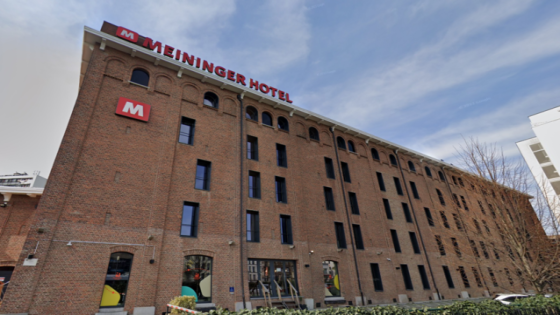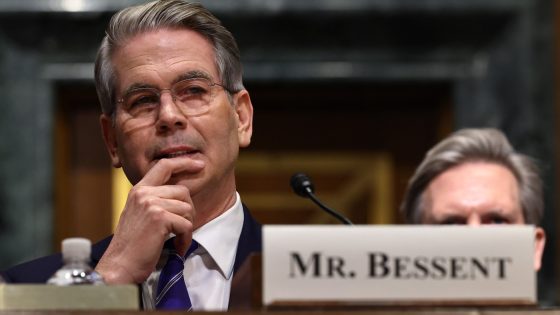Why has Bart De Wever hesitated to become Belgium‘s Prime Minister? In a recent debate in Amsterdam, he shared insights that might surprise many. As the leader of the N-VA party, his reluctance highlights the complexities of Belgian politics.
- N-VA joined Belgian federal government in 2014.
- Bart De Wever fears political leadership consequences.
- Winning elections can be detrimental for politicians.
- Becoming prime minister poses significant risks.
- Political alliances often dissolve after leadership changes.
- Yves Leterme's premiership led to party decline.
On February 3, 2025, De Wever explained that winning elections in Belgium can be more of a curse than a blessing. He believes that becoming Prime Minister often leads to disappointment and lower approval ratings.
Understanding Bart De Wever’s Reluctance for Leadership in Belgium
What makes leadership in Belgian politics so daunting? For Bart De Wever, it’s not just about winning; it’s about maintaining public trust. His experiences reveal a troubling trend: many politicians see their popularity plummet after taking office.
The Political Landscape: Why Winning Can Be Dangerous
The reality of Belgian politics is complex. Winning an election may seem like an achievement, but it often leads to unforeseen challenges. Here are some key points:
- Voter expectations rise dramatically after elections.
- The pressure to deliver results can be overwhelming.
- Political alliances may dissolve quickly post-election.
- Public opinion can shift rapidly based on government actions.
Bart De Wever’s Insights on Political Success and Failure
Bart De Wever emphasizes that success as a politician is fleeting. He recalls how his own coalition once soared above 30% support but then faltered when Yves Leterme became Prime Minister. This illustrates how quickly fortunes can change in politics.
The Impact of Public Perception on Political Careers
A politician’s career can hinge on public perception. After assuming high office, many leaders find their approval ratings drop significantly. This phenomenon raises questions: How much does public opinion truly reflect effective governance?
Navigating the Challenges of Coalition Politics
Coalition governments are common in Belgium and come with unique challenges. Leaders must balance diverse interests while trying to maintain their own party’s identity and voter base. Understanding these dynamics is essential for anyone interested in political science or international relations.
This ongoing discussion around Bart De Wever’s hesitation offers valuable lessons for aspiring politicians everywhere—especially those navigating complex political environments like Belgium’s.






















![[RECULL FOTOGRÀFIC] La dignitat i el coratge de les víctimes que demanen la dimissió de Mazón - VilaWeb](https://news.faharas.net/wp-content/uploads/2025/02/Unyielding-Courage-Victims-Demand-Mazons-Resignation-in-Powerful-Photo-Recap-230x129.jpeg)








